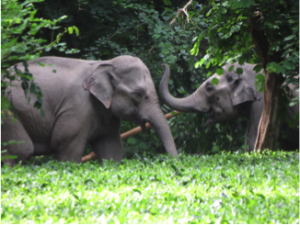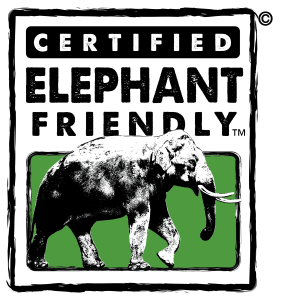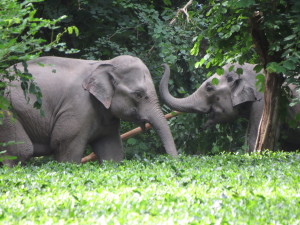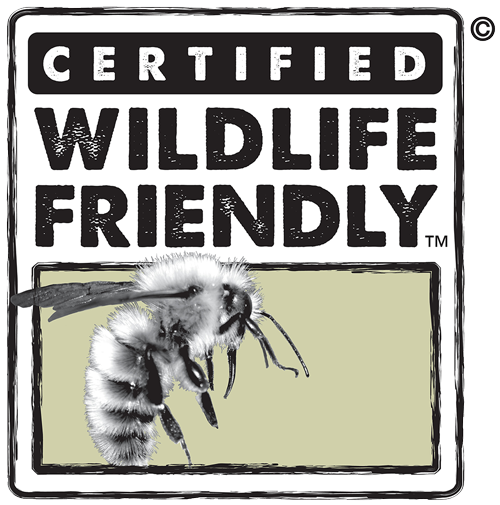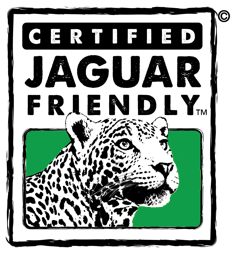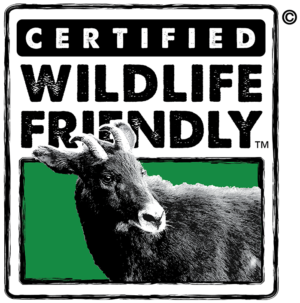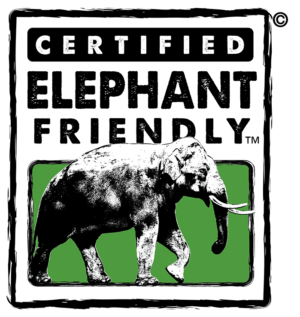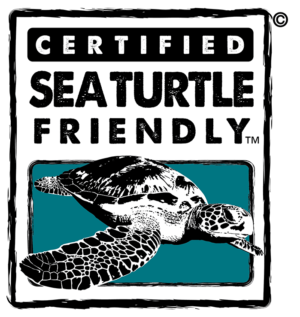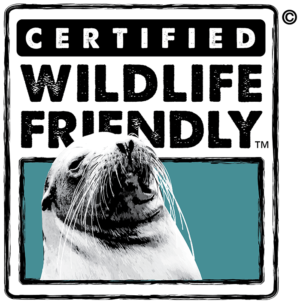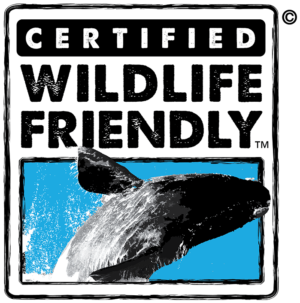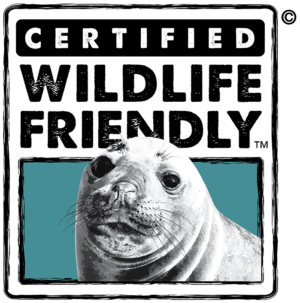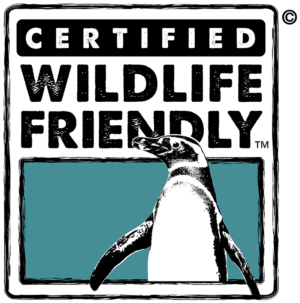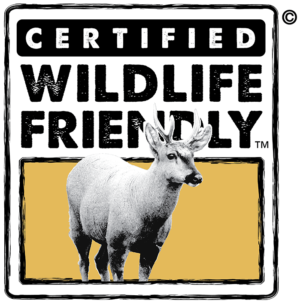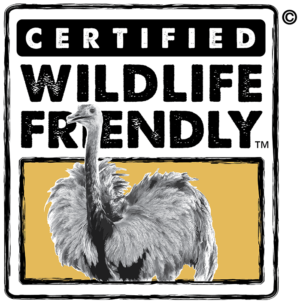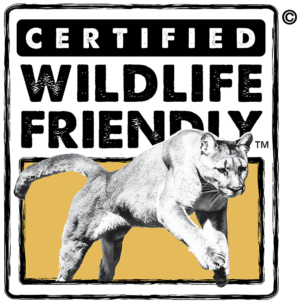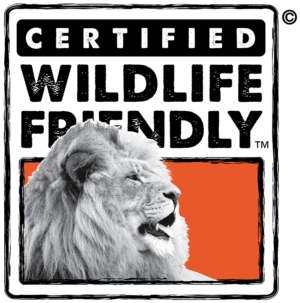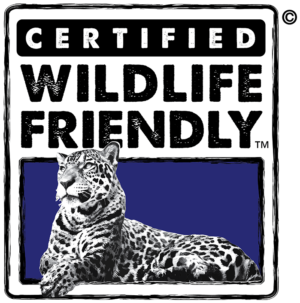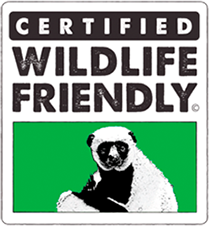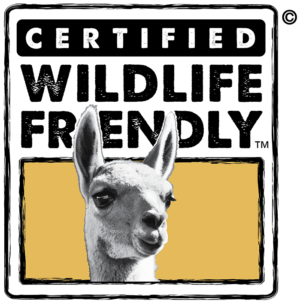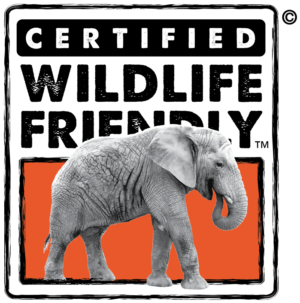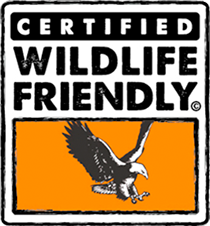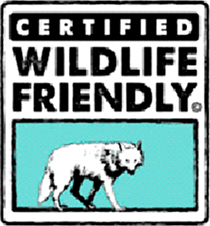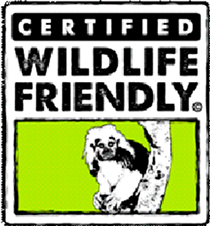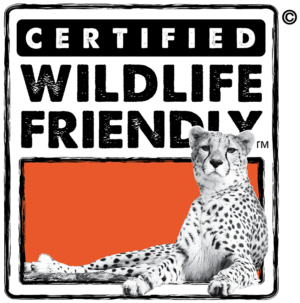Gurung Tea Partners with ANSAB & WFEN to Protect Iconic Snow Leopards & Red Pandas in Nepal

Hong Kong based social enterprise tea brand sources artisan made sustainable packaging to support wildlife conservation, forest protection and poverty alleviation in Nepal
FOR IMMEDIATE RELEASE
Hong Kong (August 12 2019) — Tiffany Soong and Manching Lee were on a spiritual trip together in Nepal when they discovered the work of the Asia Network for Sustainable Agriculture and Bioresources (ANSAB), a Nepalese nonprofit that addresses poverty alleviation and biodiversity conservation by providing assistance to community members to gain resource tenure. The result was Gurung Tea, a social enterprise founded by the two women in 2012 around the idea that a sustainably produced product line could help alleviate poverty. The artisan paper produced by Himalayan Bio Trade Ltd. (HBTL), a natural products processing and trading company owned by a consortium of community based forest enterprises of Nepal, is made using ancient techniques. Sourced for product packaging by Gurung Tea, this paper is Certified Wildlife Friendly™ by the Wildlife Friendly Enterprise Network (WFEN), providing a market incentive for the protection of endangered and iconic wildlife such as the snow leopard, the red panda and the Himalayan yak. “Connecting local farmers to a wider market and helping contribute to a sustainable income for the same local communities who hold the future of wildlife and forests in their hands is what makes this partnership a model for Wildlife Friendly™ enterprise” said Julie Stein, Executive Director and cofounder of WFEN.
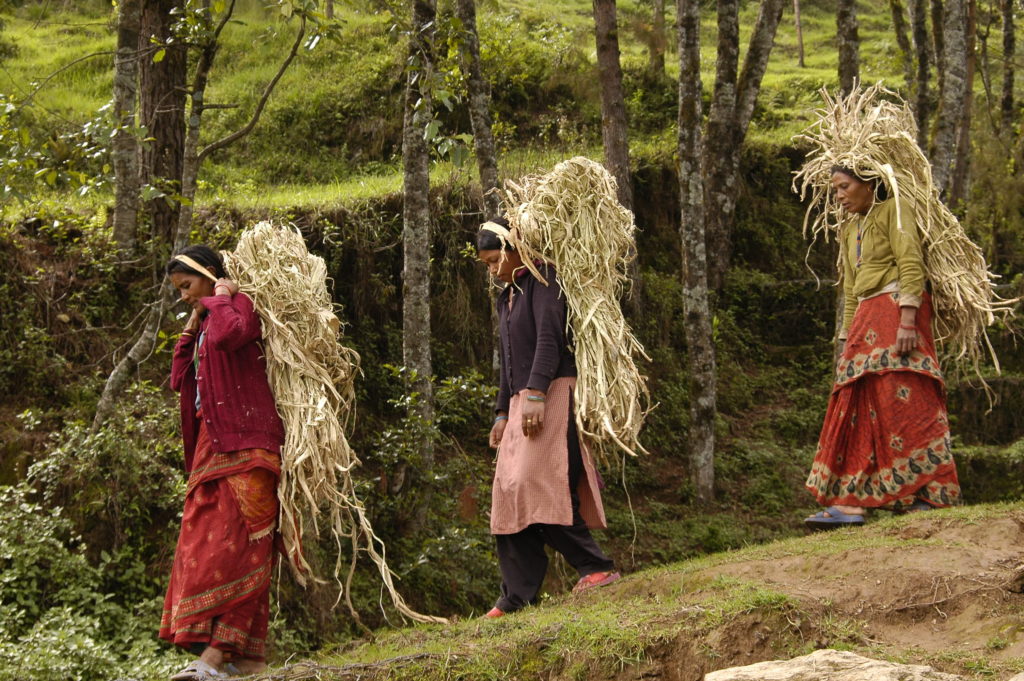
Nepali handmade paper is well known for it’s unique strength, softness and durability. Handmade paper has been produced in traditional ways in the hill districts of Nepal since the twelfth century. Known for it’s long lasting qualities this special paper was used for official state documents and still today legal documents in Nepal are prepared with handmade papers which are compatible with modern printing technology. In addition to being Certified Wildlife Friendly™, HBTL’s paper is crafted from Lokta (Daphne bholua/D. papyracea) and Argeli barks (Edgeworthia gardneri) that is responsibly harvested from Forest Stewardship Council (FSC) certified Himalayan forests by rural indigenous communities. HBTL products are also Cradle-to-Cradle and Organic certified.
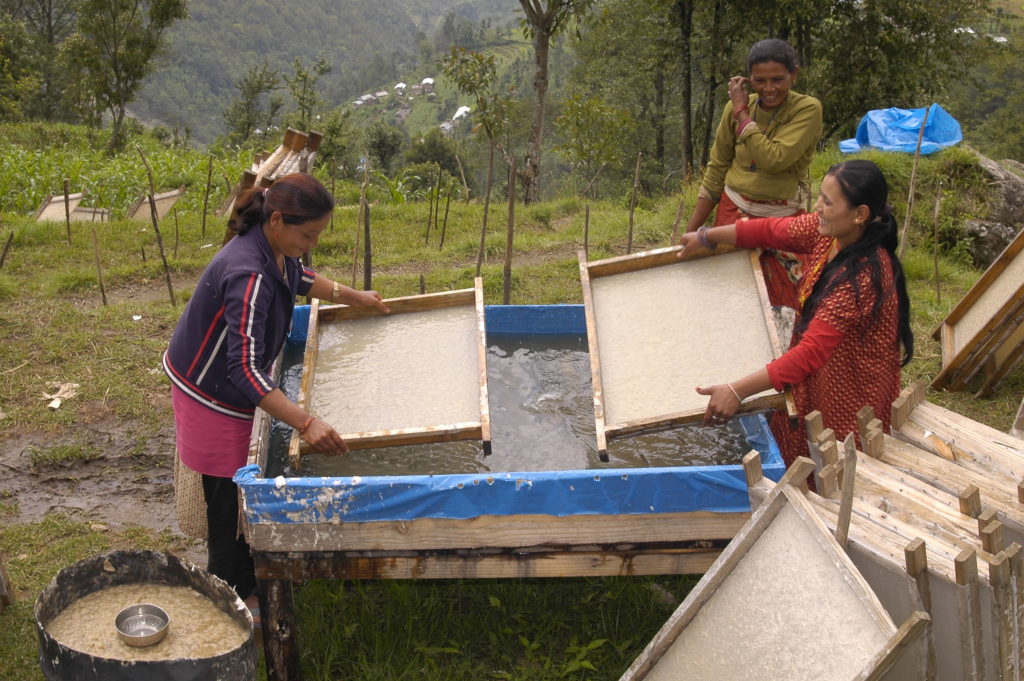
HBTL is a joint effort facilitated by ANSAB creating a private-public partnership that markets Nepal’s unique natural products to national and international markets. HBTL is a consortium of community-based enterprises that specialize in natural and sustainably sourced non-timber forest products (NTFP’s) such as essential oils, handmade paper, and medicinal and aromatic plants. Since its establishment, HBTL has provided a marketing platform for community-based natural products with the goal of linking communities to high-value markets creating benefits for the indigenous, smallholder farmers of the remote Himalayan forests. HBTL’s mission is to support the creation of quality products from sustainable forest resources in Nepal and to provide income and employment benefits to forest communities.
For wholesalers, retailers and consumers interested in purchasing the Gurung Tea please contact: Tiffany Soong via Tiffany.soong@gurungtea.com
###
About Gurung Tea
Gurung tea collection offers a range of the finest quality, exclusive tea blends directly from the Himalayas. All our teas are organic and non-caffeinated. The practice of producing this tea involves integrating plants specific to the Himalayan area including Turmeric, Guduchi, and Tulsi which not only contribute to its flavor composition but also offers a range of health benefits.
The team takes pride in operating on principles of fair trade with a strong emphasis on socially responsible practices. Gurung Tea strongly believes that business can make difference in lives of those it works with. Each purchase of our product positively impacts on a farmers’ life and the community to which they belong. Gurung tea embodies the idea of empowerment, sustainability, shared prosperity and community.
About HBTL
Himalayan Bio Trade Pvt. Ltd (HBTL) established in 2000, is a natural product manufacturing and marketing company based in Kathmandu. About 25% of HBTL’s shareholders are community enterprises that supply the processed and semi-processed products to HBTL. HBTL’s mission is to support the creation of quality products from sustainable forest resources in Nepal and to provide income and employment benefits to forest dependent community groups. HBTL and its community enterprises consortium have also received FSC, Organic, For Life and Wildlife Friendly™ certifications for handmade paper products, essential oils, vegetable oil and raw herbs.
HBTL’s founding mission was to use underutilized, sustainable forest resources to provide incomes for community forest user groups. Indigenous, smallholder farmers occupy Nepal’s Himalayan forest communities in remote and rural areas, and HBTL’s goal is to link these communities produce with high value international markets.
About ANSAB
ANSAB is a civil society organization that has been conserving biodiversity and improving livelihoods across South Asia for twenty-five years. It places community empowerment and economic incentives at the heart of its approach, and generates knowledge and results through applied research and studies to implement innovative solutions, such as the creation of enterprises based on the sustainable use of natural resources, establishment of payment for environmental services, and advancement of ecosystem based commercial agriculture. It has a focal position in the field through its work in ecological, technological, economic and socio-cultural fronts associated to people-centered conservation, management and use of biodiversity, especially non-timber forest products (NTFPs), high value agricultural commodities, biomass-based energy and ecosystem services. ANSAB has been continuously evolving, consolidating, institutionalizing and advancing the approaches and strategies for the promotion of community-based enterprises and value chains, natural resource management and biodiversity conservation, enabling policy environment and multi-stakeholders collaboration. In Nepal, ANSAB’s programs generated annual monetary benefits of US $9.24 million to over 85,394 economic participants in 2018. A total of 1,319 economic entities involved in the collection, value addition and trading of agriculture and forest products both at the national and international levels were developed and strengthened. Our interventions brought 129,200 hectares of forest and meadow areas under the improved community management of 672 forest-user-groups, representing 99,900 households.
About Wildlife Friendly Enterprise Network
WFEN and its certification programs represent grassroots farmers, ranchers, herders, artisans, indigenous peoples and conservation heroes from around the world including two World Bank Development Marketplace Award winners, a U.N. Equator Prize winner, leadership in the world’s marketplace for REDD+ Carbon Offsets, and a Time Hero for the Planet. Wildlife Friendly® products contribute to the conservation of over twelve million hectares of diverse wetlands, forests, and grasslands; protect keystone endangered speciesinAsia, Africa, Europe, and Latin and North America, including the Snow Leopard, Elephant, Tiger, Cheetah, Red Panda, and Wolf; and benefit over 200,000 people through increased food security, income and employment.
For more information contact:
Gurung Tea: Tiffany: tiffany.soong@gurungtea.com
Visit: www.gurungtea.com
IG: @gurungtea
Wildlife Friendly: Julie Stein: Julie@wildlifefriendly.org
Visit: www.wildlifefriendly.org
IG: @wildlifefriendly
Twitter: @wfen
HBTL: Khilendra Gurung: hbtlp@himalayanbiotrade.com
Visit: www.himalayanbiotrade.com
ANSAB: Dr. Bhishma P. Subedi: bhishmasubedi@ansab.org
Visit: www.ansab.org
Elephant Friendly™ Tea helps secure a future for wild elephants
FOR IMMEDIATE RELEASE
Las Vegas, Nevada: – June 12, 2017– The Wildlife Friendly Enterprise Network (WFEN) and the University of Montana (UM) Broader Impacts Group are pleased to announce the launch of the world’s first Elephant FriendlyTM Tea Certification at this year’s World Tea Expo, where the Elephant FriendlyTM Tea team will showcase tea from plantations that are certified as Elephant FriendlyTM, supporting the survival of the endangered Asian elephant.
WFEN, a global community dedicated to the development of products and tourism that contribute to the conservation of threatened wildlife and to the economic vitality of rural landscapes, is partnering with the University of Montana, home to the top-ranked Wildlife Biology program in North America, to engage tea growers, sellers and consumers in a ground-breaking farm-to-cup approach to support the conservation of endangered Asian elephants, Elephas maximus.
Since the early 1800’s tea consumption has been on the rise, and today it is the most popular beverage worldwide. Tea plantations have replaced much of the natural habitat of Asian elephants and other species. Habitat loss and the associated human-elephant conflict, which often leads to loss of life for both people and elephants, have contributed significantly to the decline of Asian elephant populations. According to the IUCN Red List, Asian elephants are an endangered species, with an estimated 40,000-50,000 remaining across their range countries, a decline of over 50% in the last 75 years. India holds at least 50% of the remaining population and is the world’s second largest tea producer, with tea lands primarily located in areas historically inhabited by elephants.
Engaging tea growers as active partners in elephant conservation is critical to the future of Asian elephants in the wild. Agricultural lands planted for tea production can play a vital role as corridors of movement between natural areas. Tea plantations often serve as nurseries where mothers give birth and rest for a few days until their newborn babies are strong enough to move with the herd.
However, agricultural practices on tea estates can present potential hazards for elephants, such as the use of deep and narrow drainage ditches which can trap infant and juvenile elephants. Improperly installed electric fencing or sagging electricity lines can pose electrocution risks for elephants. Chemicals used in conventional tea production, if not stored securely or applied judiciously, can poison elephants. In addition, human-elephant conflict can have grave consequences for both elephants and tea worker communities.
An innovative market-based solution comes in the form of a new Elephant FriendlyTM Certification program providing 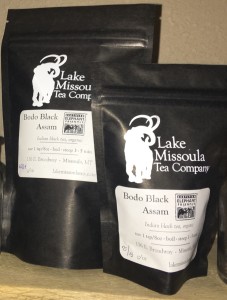
Lisa Mills, who serves as the liaison for the University of Montana on this project, explains: “We are encouraged by the interest we are seeing from tea growers and tea buyers who want to join the Certified Elephant FriendlyTM Tea program. With a percentage of every sale going back to support elephant conservation in the communities where the tea is grown, tea drinkers can enjoy great tea while supporting human-elephant coexistence.”
“To be certified under this program tea growers must meet strict “elephant friendly” standards which have been vetted by experts on elephants in this part of the world, “ said Julie Stein, Executive Director and Co-founder of WFEN. “We are excited to see that the tea is commanding a strong price premium in the marketplace, which is early proof-of-concept that consumers will support the conservation mission. “
By buying Elephant FriendlyTM Tea consumers are helping sustain wild elephant populations and secure their future. Interested companies and consumers can learn more at https://elephantfriendlytea.com/or on Facebook at: https://www.facebook.com/elephantfriendlytea
About the Wildlife Friendly Enterprise Network
WFEN and its certification programs represent grassroots farmers, ranchers, artisans, indigenous peoples and conservation heroes from around the world, including two World Bank Development Marketplace Award winners, a U.N. Equator Prize winner, leadership in the world’s marketplace for REDD+ Carbon Offsets, a Time Hero for the Planet, and a National Geographic Big Cats Initiative grantee. Certified Wildlife Friendly® products contribute to the conservation of over twelve million hectares of diverse wetlands, forests, and grasslands; protect keystone endangered species in Asia, Africa, Europe, and Latin and North America – including the snow leopard, tiger, elephant, cheetah, red panda, and wolf – and benefit over 200,000 people through increased food security, income and employment. For more information visit: www.wildlifefriendly.org
About the University of Montana
The University of Montana (UM), located in Missoula, Montana, USA, is a higher education institution, home to the top-ranked Wildlife Biology Program in North America and award-winning research, outreach and business innovation programs. The Elephant FriendlyTM Program is a partnership between the University of Montana’s Broader Impacts Group at https://www.umt.edu/big/, the Wildlife Friendly Enterprise Network, and business and conservation science advisors from across the globe. The UM Blackstone Launchpad and UM School of Business provide additional planning and marketing support.
Contact
Wildlife Friendly
Julie Stein: Julie@wildlifefriendly.org
University of Montana
Lisa Mills: lisa.mills@mso.umt.edu
Tea companies join forces with wildlife conservation efforts to launch the world’s first certification program aiming to provide incentives for conservation of elephants in the wild
FOR IMMEDIATE RELEASE
ASSAM, India – November 29, 2016 – The Wildlife Friendly Enterprise Network (WFEN) and the University of Montana jointly announce a first-of-its kind certification program which will empower consumers to play an active role in conservation, and provide tea-growing companies with a financial incentive to make positive changes for elephants within tea plantations. The Balipara Foundation of India has spearheaded support for this initiative by extending an invitation to Indian tea companies to join the effort to implement specific changes that top elephant experts agree will have positive impacts on Asian elephant conservation.
Injury, electrocution, poison and other conflicts with humans, combined with widespread habitat loss and degradation, have left this species under great pressure to survive in the wild long-term. Asian elephant populations are declining faster than their better-known African elephant cousins. In a number of countries Asian elephants are extinct or nearly extinct in the wild, although the media and general public remain largely unaware that this species may someday face widespread extinction if the trend is not reversed with strategic and well-timed conservation interventions.
Certified Elephant Friendly™ Tea has been developed as a result of years of research and community-based conservation effort in Assam, the primary tea growing region in India, focusing on identifying the key threats to elephants and strategies to address them. As a partner in this new initiative, University of Montana’s Lisa Mills says, “It is time to recognize that the very things that we buy across the globe are often in direct odds with the conservation of wildlife. If the products we purchase were an opportunity to reverse this trend, for elephants to last a bit longer and roam a bit more freely on this earth, would we pay the price? Can we have our tea and drink it too?” With rapid growth in the tea market in the U.S. in 2015 and 2016, and consumers becoming increasingly aware of and concerned about how their spending impacts the environment, retailers and U.S. based tea companies have expressed early interest in marketing products certified under this program. There is also interest in certification of other products as Elephant FriendlyTM, such as coffee grown in elephant movement areas in south India.
“Elephant populations are in trouble wherever they exist around the world,” said WFEN Director Julie Stein. “Poaching and the illegal wildlife trade are having devastating effects on populations, with habitat conversion and human-elephant conflict both creating additional compounding mortality. Elephants simply cannot reproduce fast enough to survive this crisis. These are complex issues to solve and global citizens are often left feeling helpless as they watch species blink out before their eyes and in their own lifetimes, but now consumers can be empowered to do something tangible to reward ethical companies that are going the extra mile to coexist with elephants so that their children will not live in a world without elephants.”
The Elephant Friendly™ Tea Certification Program was announced at the Balipara Foundation’s Eastern Himalayan Naturenomics™ Forum in November 2016 in Guwahati, India, which was held in conjunction with the IUCN Asian Elephant Specialist Group meeting. This important gathering of the some of the world’s top Asian Elephant experts was also an opportunity to bring major tea industry representatives together to plan action steps in support of the
long-term survival of Asian elephants. Discussions around the concept of Elephant Friendly Tea™ included major tea companies such as Amalgamated Tea (APPL), the second largest tea company in India, the India Tea Association, other tea companies and representatives from leading conservation organizations from across the globe.
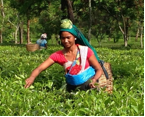
Photo © Lisa Mills
The tea-growing estates of India, established in the 1800’s, replaced former elephant habitat with plantations. Worker homes, roads, irrigation ditches, fencing and other human-driven activity expanded with the growth of the industry and continues to this day. These non-Elephant Friendly barriers pose a real threat to ancient migration patterns and thus the survival of elephant herds that must access reliable sources of water and food, as well as safe places to raise their young. Because natural cycles of native forest growth depend on seed dispersal by elephants as they move and deposit undigested tree seeds to forest openings, elephants are often referred to as the “Farmers of the Forest.” Elephant Friendly Tea™ will give tea drinkers around the world an important role in helping to ensure these iconic and charismatic animals have a future in the wild.
###
About University of Montana
The University of Montana is part of the Montana State University Education System in the U.S.A., and is home to the top-ranked Wildlife Biology Program in North America, as well as to one of the top Business Schools in the nation that emphasizes sustainable business development. Through the university’s Broader Impacts Group, wildlife conservation research and enterprise come together to help address some of the world’s toughest challenges around conservation in the face of major global changes. https://www.umt.edu/
About Wildlife Friendly Enterprise Network
WFEN is the global brand leader on threatened and endangered species-focused certification programs, from Gorilla Friendly™ to Predator Friendly® to Jaguar and Sea Turtle Friendly™ certification programs. WFEN represents global companies as well as grassroots farmers, ranchers, artisans, indigenous communities and conservation heroes from around the world including two World Bank Development Marketplace Award winners, a U.N. Equator Prize winner, leadership in the world’s marketplace for REDD+ Carbon Offsets, a Time Hero for the Planet, and a National Geographic Big Cats Initiative grantee. Certified Wildlife Friendly® products contribute to the conservation of over twelve million hectares of diverse wetlands, forests, and grasslands; protect keystone endangered species in Asia, Africa, Europe, the Americas, including the Snow Leopard, Elephant, Tiger, Cheetah, and Wolf; and benefit over 200,000 people through increased food security, income and employment. For more information visit: www.wildlifefriendly.org
Contacts:
Julie Stein, Executive Director
Wildlife Friendly Enterprise Network
julie@wildlifefriendly.org
Lisa Mills, Program Manager, Elephants and Tea
Broader Impacts Group, University of Montana
lisa.mills@mso.umt.edu
Banner photo credit: Subit Sawra

